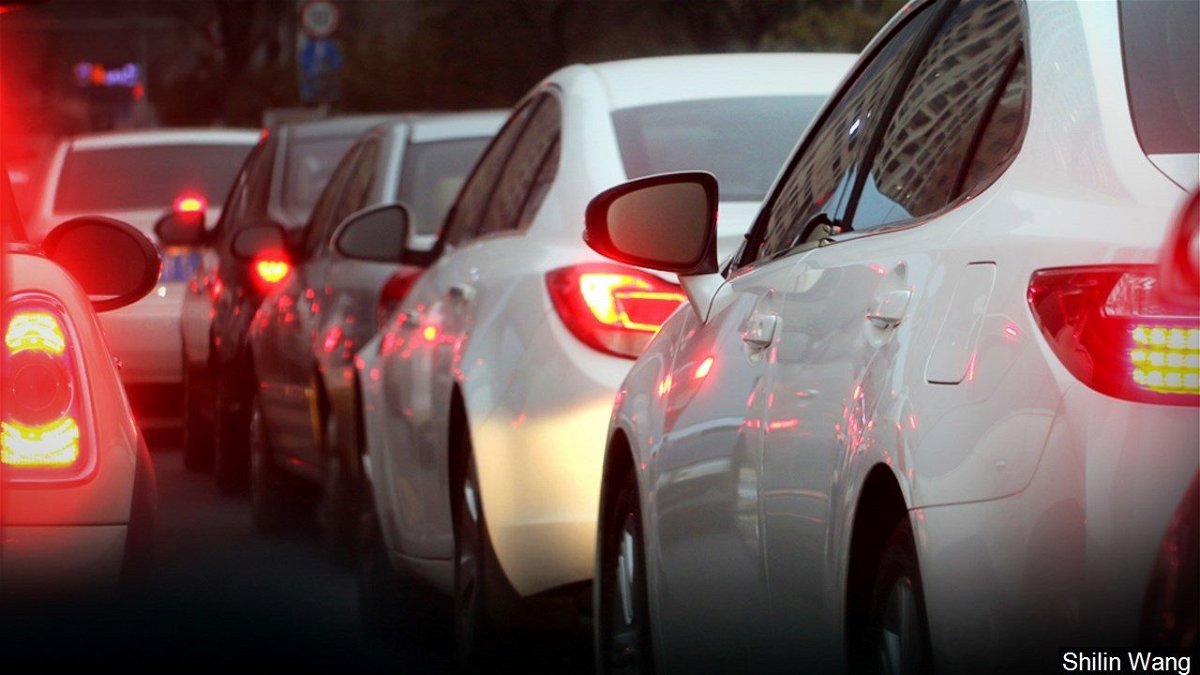Utah cancels alert system aimed at motorists entering state

SALT LAKE CITY (AP) - Utah on Monday canceled a coronavirus emergency alert system launched three days earlier that was supposed to send text messages to drivers entering the state but ended up also sending texts to hundreds of people who were in their homes, state officials.
Thousands of motorists received the alerts, but the system that used cellphone towers near state borders contacted far more people than intended, said Joe Dougherty, spokesman for the Utah Division of Emergency Management.
The text alerts that began Friday asked motorists to fill out online forms to report virus symptoms and their recent travel histories.
People who live near the southern Utah border in St. George, the Idaho border in the northern part of the state and in the Uinta Basin in eastern Utah were hit hardest by the unintended texts, he said, acknowledging that the system "didn't work exactly as we had hoped."
Some annoyed recipients reported receiving 15-20 alerts, he said.
The system was shut down Monday afternoon and the state has no plans to try it again, Dougherty said. State officials will maintain billboards and signs that were erected asking motorists to till out the online form. Cards will still be provided to arriving Salt Lake City International Airport passengers asking them to fill out the online form.
Dougherty apologized to people who were bombarded by the alerts but said it was done in good faith as the state tries to prevent the spread of COVID-19. About 10,000 people went to the website to take the survey, but he had no information about how many reported having coronavirus symptoms.
"It was a really bold experiment and I'm proud we could be a part of it," Dougherty said.
In other developments:
- Utah health officials are expanding the list of symptoms that they say should trigger people to get tested in a concerted push to gather more data about how many in the state actually have COVID-19. State epidemiologist Angela Dunn on Monday implored people to go get tested if they experience any one of six symptoms: fever, cough, shortness of breath, soar throat, muscle aches, loss of taste or smell.
The last three symptoms were added to the list Monday in hopes of driving more testing.
The state has the capacity to test about 5,000 people a day, but didn't come close to reaching that number any day last week, when the state averaged about 2,300 tests per day, state health department data shows.
To date, a total of about 46,000 people have been tested out of about 3.2 million state residents.
The goal is to find a true rate of people infected with the virus since research now shows people with none of the typical symptoms can be carriers, Dunn said.
"We really need to be able to understand who in our community has even the most mildest of symptoms so that we can better identify future hot spots, where the burden is across the state and be able to apply social distancing recommendations and other public health interventions in a more targeted capacity," Dunn said.
Dunn said antibody tests that are under development are not yet reliable, saying nasal swab testing remains the best method for now. The antibody tests would identify people who have previously had the virus and have developed some immunity to it.






